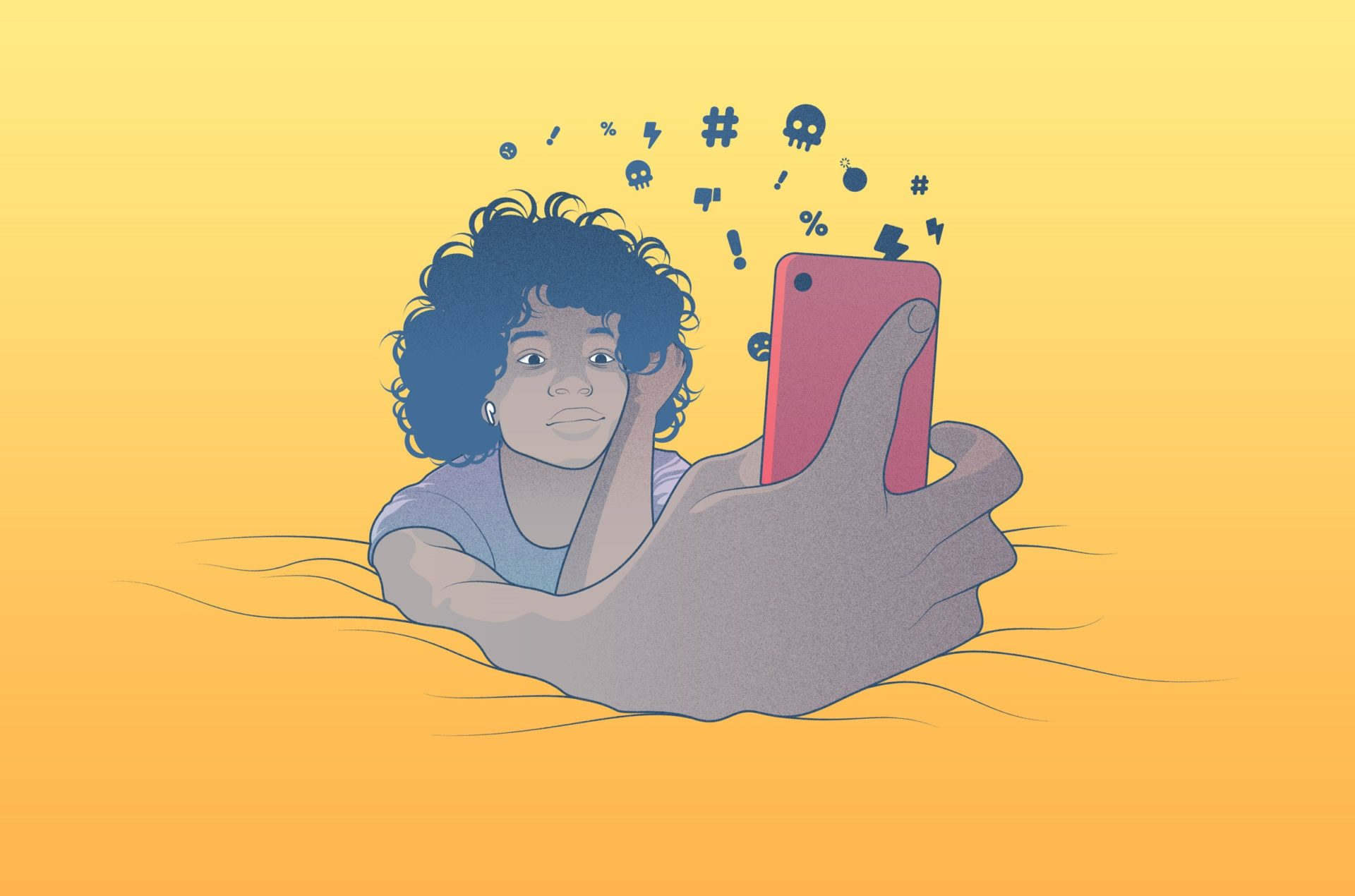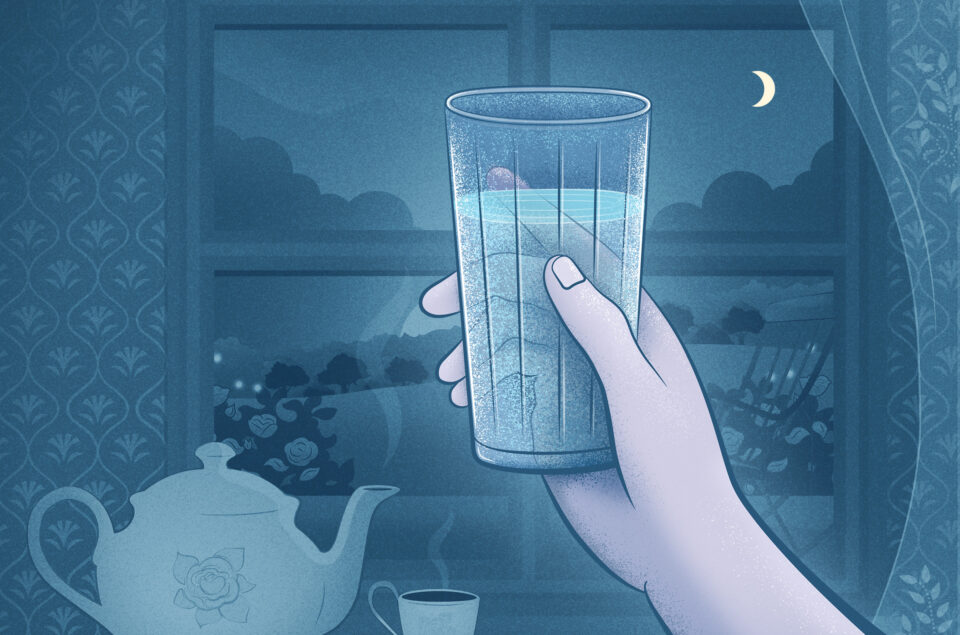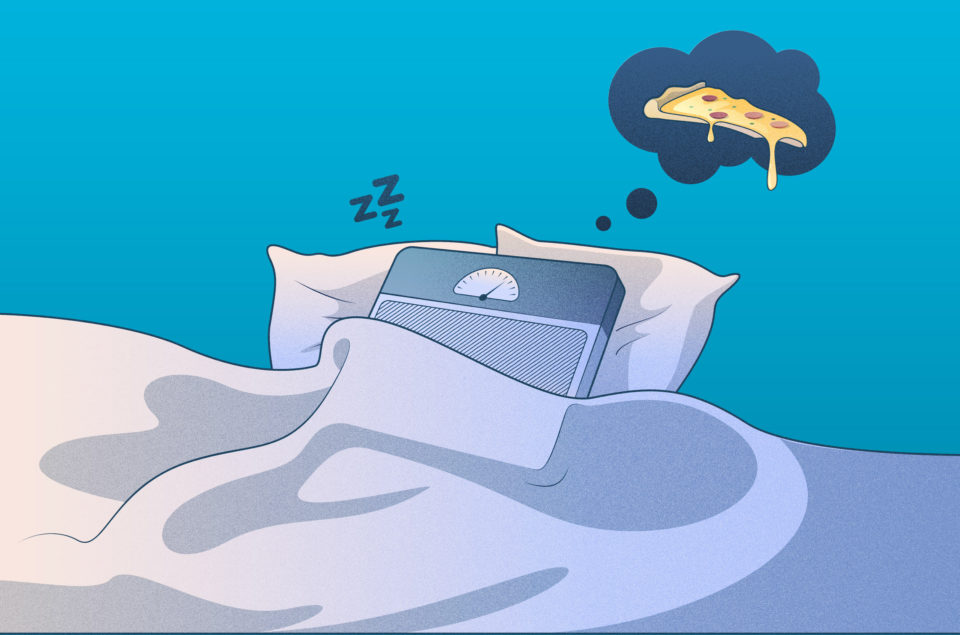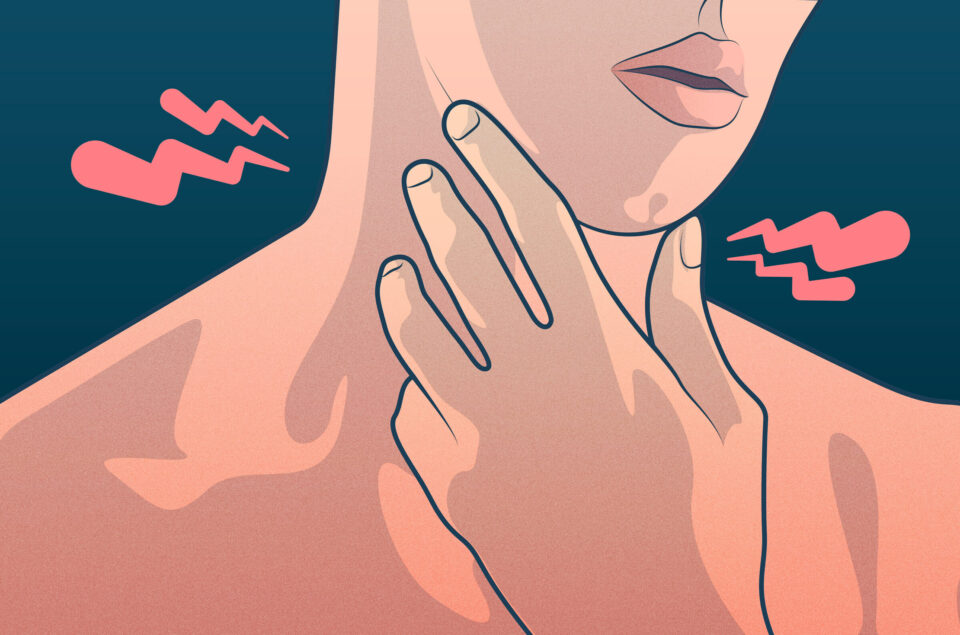Good sleep is an essential part of staying healthy. Without it, the brain can’t function properly, and the body can’t do the amazing things it’s wired to do, such as stave off disease or crush the latest TikTok dance challenge.
Seriously though,, it’s well known that a good night’s sleep is essential for our mental and physical health. However, over the past years, more people confess to suffering from sleep deprivation, meaning that their sleep quality and quantity have decreased. In particular, insomnia has become a big concern among the American population – between 10 to 30% of adults in 2021 recognized that they struggle with chronic insomnia. But, what controls our ability to fall asleep? There are three main factors:
- Circadian rhythm. As the body’s built-in 24-hour biological clock, circadian rhythms regulate essential functions like metabolism and brain function and govern feelings of sleepiness and wakefulness.
- Sleep pressure. The longer you’re awake, the higher your sleep pressure, and your “risk” of falling asleep. A low sleep pressure decreases your chances of falling asleep at bedtime.
- Activation level. Innumerable forces are competing for our attention and ramping up our dopamine systems. Heightened stress or emotions before bed can increase your activation level, which can mask tiredness.
Although there are obviously multiple individual differences in our environment that affect these factors and our ability to fall asleep easily, sleep experts agree that introducing healthy sleep habits into our bedtime routine can make a difference.
What are healthy sleep habits?
While we can’t always control when we fall asleep, we can control how we think about it. Here are 10 healthy sleep habits to help you get better sleep and keep your circadian rhythm, sleep pressure and activation levels in check.
1. Avoid things that create stress or strong emotions before bed
Getting wound up on social media, for example, can super-charge your emotions, making you feel more alert and sending you down a rabbit hole. . Indeed, strong emotions can disrupt sleep, and in a circular way, the lack of sleep can further impact our mental well-being. . Research has shown that lack of sleep makes it more complicated to consolidate positive emotional content.
2. Introduce relaxing activities into your bedtime routine
Read a book, take a bath, do a few yoga poses, or listen to music or a sleep story. It’s proven that these relaxing activities can help ease you into sleep and relax you more than simply trying to fall asleep. On the Sleep Cycle app you can find an extensive sound library with music, meditations and stories. They help reduce anxiety, relax your body, calm your breathing or just provide you with some comfort.
3. Avoid naps late in the day
While power naps are beneficial, long naps during or late in the day may impair your sleep quality. To ensure you have adequate sleep pressure at night, try to avoid longer naps than 20 minutes, as those can impact your sleep schedule and can confuse your internal clock. Also, it’s preferable to nap early in the afternoon or shortly after lunch.
4. Avoid caffeine late in the day
You know this. We know you know this. And we also know that sometimes grabbing a 4:00 coffee for a mid-day boost is going to happen. And that’s okay, but keep in mind that it might impact your sleep. One study demonstrated that consuming caffeine up to 6 hours before bedtime has disruptive effects on sleep. Whenever possible, try to make a conscious effort to curb caffeine.
5. Avoid excessive alcohol consumption
Again, we’re all human here. Occasionally we slip and over-imbibe. It’s worth noting that while alcohol can seem to help you fall asleep, research shows that alcohol is linked to poor sleep quality. For example, alcohol can cause or increase the symptoms of snoring, sleep apnea or parasomnias, and might alter the natural production of melatonin, which is crucial for your circadian rhythm.
6. Be smart in how you use technology before bed
In a perfect world, we’d turn off our screens a couple of hours before bed. In the real world, most of us are plugged in well into the evening. And that’s not optimal for winding down. If giving up technology every night is unrealistic, set an attainable goal. Go one or two nights a week reading a book instead of watching TV, using a phone, computer or playing a video game. Remember that blue light exposure can also suppress the natural production of melatonin.
7. Go outside during the day
Sunlight is important for a healthy circadian rhythm. Getting natural light during the day and dimming artificial lights in the evening helps trigger the sleep-wake cycle. This will eventually improve your energy levels during the day and increase both your sleep quality and quantity. A study done during the 90s already showed that sunlight exposure improved sleep in people with insomnia, and reduced the time to fall asleep by 83%.
8. Sleep meditation can be a great way to get the mind and body prepared for bedtime
If you’ve never tried to meditate, or if you’ve fallen out of practice, it can seem like an insurmountable task. Sleep meditation has a positive impact on sleep quality and is proven to help the onset of sleep. Start small by dedicating a couple of minutes to it and then find a method that works for you and is effective. Sleep Cycle can help get you off to a good start with our exclusive breathing guides or sleep meditation stories.
9. Create an environment conducive to sleep
Sleep spaces impact sleep. Do you have good airflow? Is your bedroom full of distractions? Is it cluttered? Is it clean? Does it make you feel relaxed? Is it too cold? Too bright? Indeed, these factors might seem obvious but are always overlooked or not taken into account when finding the reason why it’s a challenge to fall asleep. Your bedroom must be a place that invites you to relax and get away from all over-active thoughts and stress.
10. Factor in time for self-reflection
Ask yourself, “What’s distracting me from sleep?” Write a list of everything you do in the evening, then figure out what helps calm you and what you can implement into your routine. Experiment. If you have the Sleep Cycle app, use the sleep notes before setting your smart alarm clock. That will help remember how you did or felt that day. After a few months, revisit your list and see if there’s anything you should change.
Don’t stress – adopt healthy sleep habits at your own pace
Kicking old habits is hard. So is adopting new ones. As you work toward your goal of better sleep health, don’t be too tough on yourself. Changing habits requires taking small steps and repeating them many times over until they feel second nature. If you try changing everything all at once, you’ll probably have a lower chance of success.
If you only adopt or improve two of the healthy sleep habits listed here, that’s a big step to better sleep. Celebrate the accomplishments along the way and be kind to yourself. Get support through the Sleep Cycle app to detect how you’re sleeping, where you need to improve and adjust. With time you will get there!










